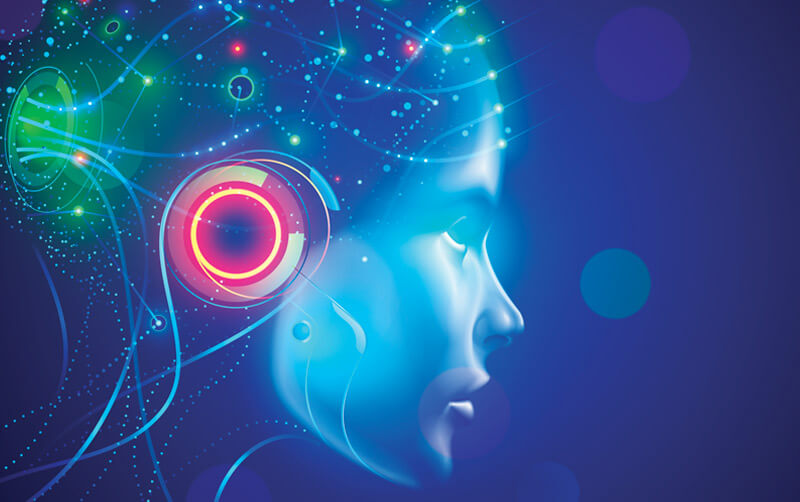Imagine a robot that can read, write, and speak just as well as any human. Or a computer that is able to teach itself new abilities and make itself more powerful. Does this sound like something from a sci-fi movie? Thanks to the latest artificial intelligence (AI) technology, it is closer to reality than you might expect.
Artificial intelligence is one of today's most exciting technological fields. It plays role in everything from security systems to search engines. It be used to help diagnose diseases or predict the weather. AI programs can even drive and park cars safely, with little or no human guidance.
AI researchers are among the top experts in their field. They are always working to push our understanding of artificial intelligence forward. They conduct experiments, collect information, and make prediction about the future of AI technology. As they learn new things, they share their ideas and findings with each other. This allows them to build on each other's research.
The term artificial intelligence was coined by computer scientist John McCarthy. McCarthy organized an AI conference at New Hampshire's Darthmouth College in 1956. Some of country's top mathematicians and computer scientists gathered to share their ideas about teaching computers how to think for themselves. It was then that the field of AI research was born.
Early AI researchers worked hard to program computers that could do things such as solve complex math problems or play chess. These things might not seem that impressive today, but they were huge breakthroughs at the time.
In recent years, the power of AI systems has been improving at an amazing rate, and it is not showing any signs of slowing down. But the basic concepts behind this amazing technology are not new. Researchers and other innovators have been imagining intelligent machines for almost as long as computers have existed.
Today's AI researchers are working on even more exciting projects. They have created computers that can read the emotions on peoples' faces and computers that understand human speech. The future is sure to hold even more exciting discoveries in this incredible area of study.
AI research is a broad and always-changing field. Even the top AI experts have to work hard to keep up with all the latest developments. Try to read as many news and research articles as you can about new AI technology. Even if you do not understand everything you read first, you will keep learning more about AI and other technology over time.
Imagine It!
- Find a phone, computer, or table with a built-in AI system. Examples include Apple's Siri, Amazon's Alexa, or Google Assistant.
- Ask the AI to do a variety of things. Make a chart to list each response.
- How often does the AI make mistakes? What do you think caused the problem? Where you requesting something too complicated? Did the AI misunderstand you?
Dig Deeper
- Explore the history of artificial intelligence with a timeline.
 |
|---|
| Artificial Intelligence |
Flair: AI
Collection: Career
